How to prune crepe myrtle for optimal flowering
Crepe Myrtle prunings are an essential part of maintaining healthy and attractive Crepe Myrtle trees. Proper pruning encourages vigorous growth, enhances flowering, and maintains the desired shape of the tree. Regular pruning also helps prevent disease and pest issues by improving air circulation and removing dead or diseased wood.
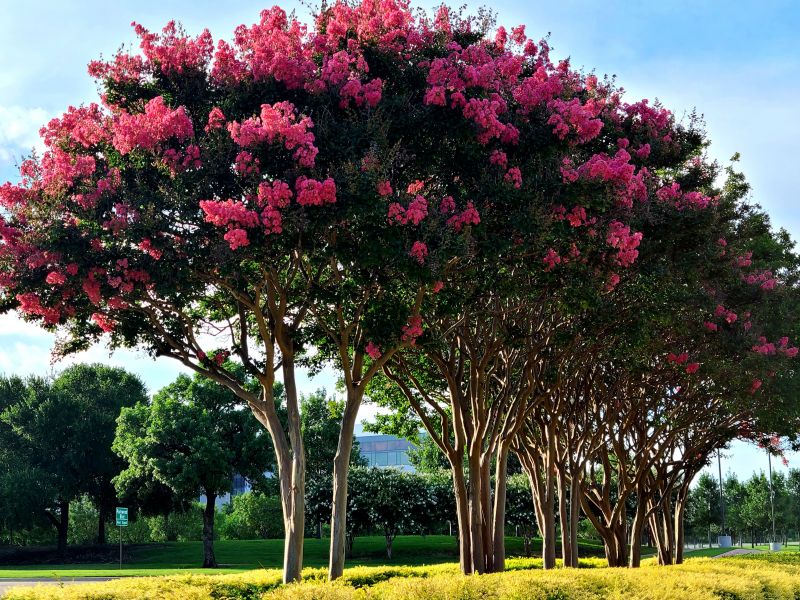
A neatly pruned Crepe Myrtle showcases a balanced structure with vibrant blooms and healthy branches.
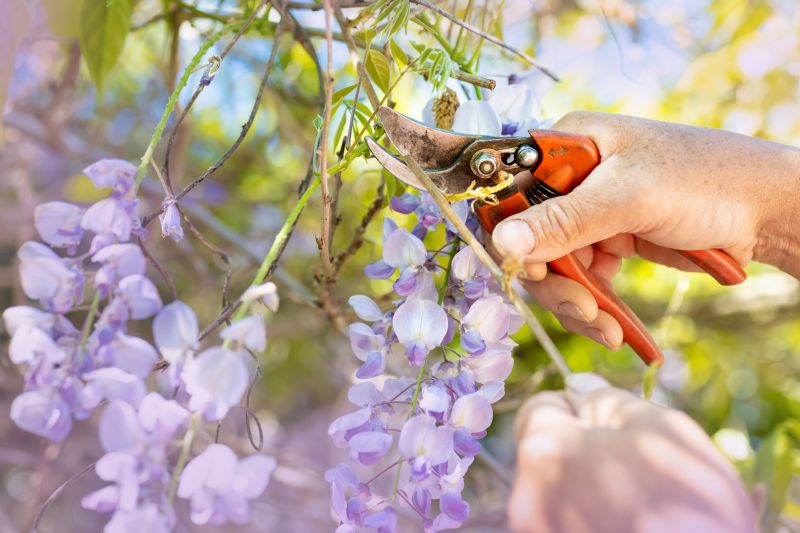
Using sharp, clean tools ensures precise cuts that promote faster healing and reduce disease risk.
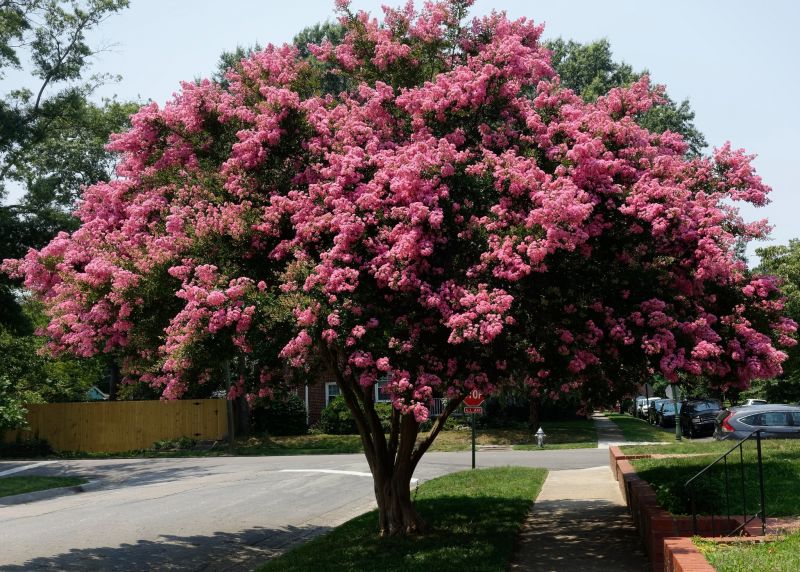
Pruned branches and stems are collected for disposal or composting, helping maintain a tidy landscape.
The process of Crepe Myrtle pruning involves removing dead or crossing branches, shaping the canopy, and thinning out dense areas. This process typically takes a professional approximately one to two hours, depending on the size and condition of the tree. Experts follow specific techniques to ensure the tree is pruned correctly, promoting healthy growth and abundant flowering in the seasons to come.
Professional pruning involves selective removal of branches to shape the tree and promote healthy growth.
The best time to prune Crepe Myrtle is during late winter or early spring before new growth begins.
Expert pruning ensures proper cuts, reduces injury risk, and enhances the tree's aesthetic appeal.
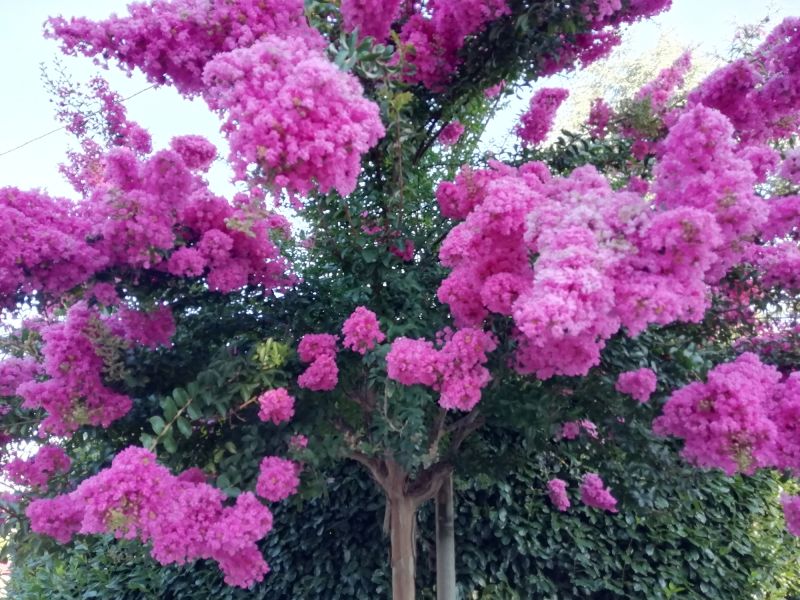
A well-pruned Crepe Myrtle displays an open, balanced structure with abundant flowers.
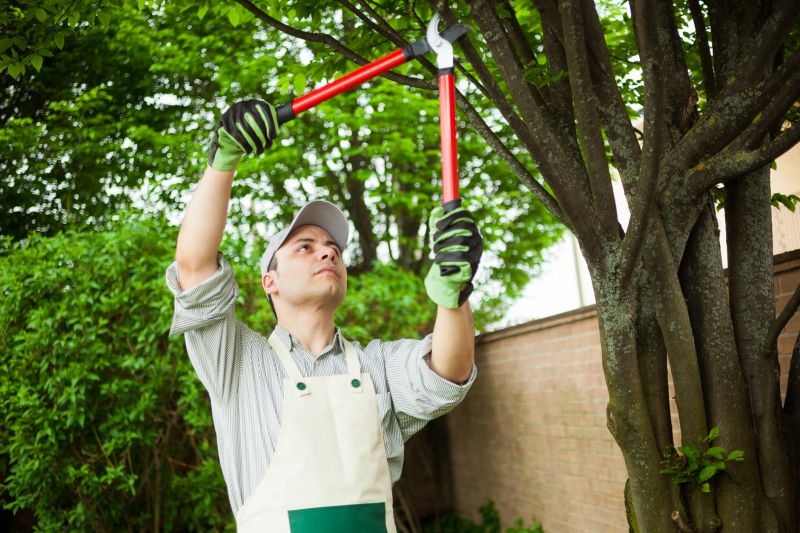
A professional crew has shaped the tree, removing excess branches for optimal growth.
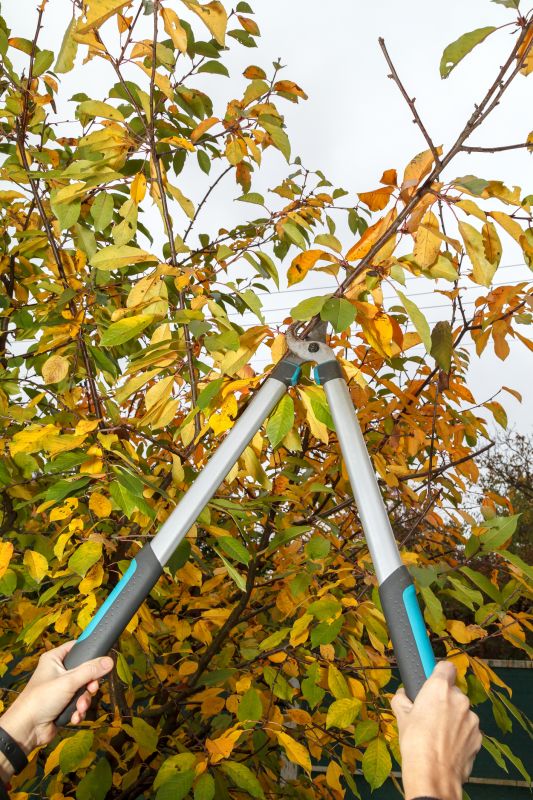
Tools like pruning shears and saws are used for precise cuts on various branch sizes.
Properly pruned Crepe Myrtles not only look more attractive but also produce more flowers and have improved resistance to pests and diseases. Regular maintenance ensures the tree remains healthy, vigorous, and aesthetically pleasing throughout its lifespan.
To obtain a quote for Crepe Myrtle pruning services, fill out the contact form. Professional pruning can help maintain the beauty and health of these ornamental trees, contributing to an inviting landscape.
